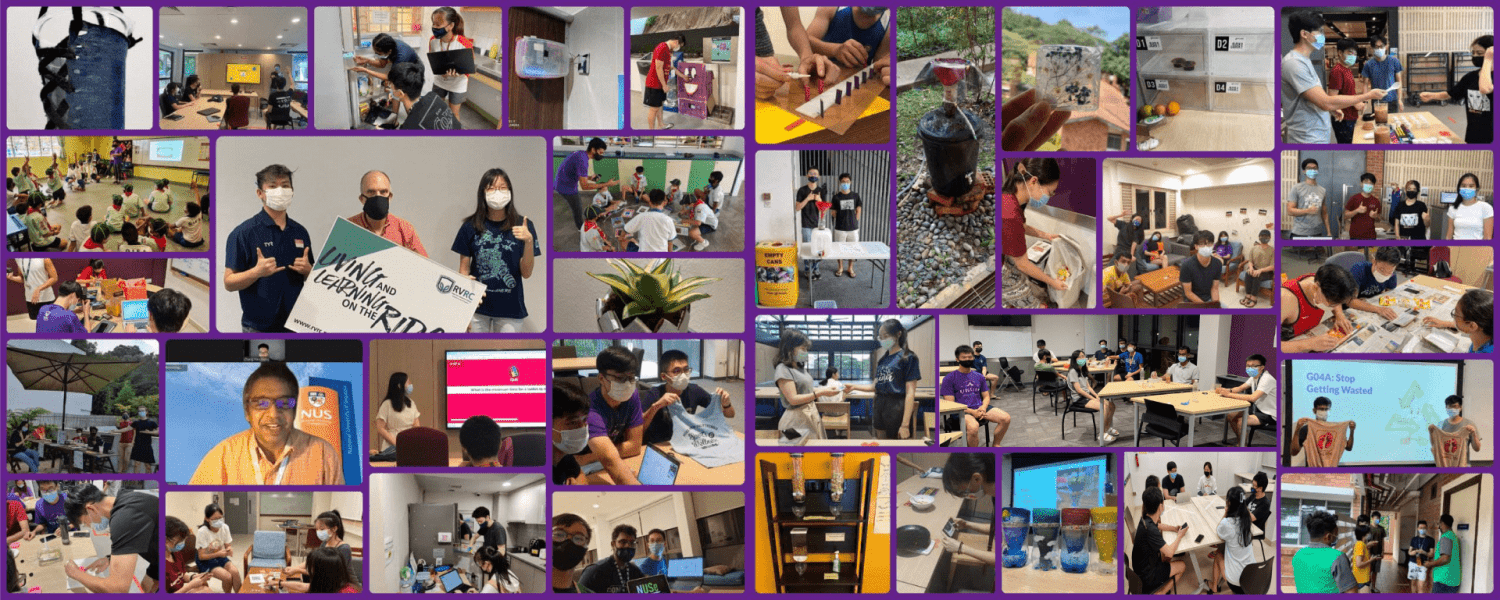Andy Low Yi Soon, Chaudhari Parimal Prashant, Chou Han Xian Aaron, Faruq Yunus Alsagoff, Yeo Yak Hang
Academic Advisor: Dr. Florence Ng
Over the past ten years, the food waste recycling rate has been stagnated between 10%- 16%, with significant portions of food waste still being incinerated (NEA, 2018). Composting can be used as an effective method to recycle daily food waste from Singaporean households (Khoo et al., 2010). Upon conducting a preliminary survey, our team has discovered that most households dump their food waste indiscriminately, with many respondents citing smell and lack of composting knowledge as their primary reasons for not composting. The experiment aims to provide an effective and efficient method of composting tailored towards alleviating concerns regarding performing composting indoors. Our group will explore two types of composting methods, black soldier fly larvae, and blue Malaysian worms. Using specific amounts and types of food waste, we will reach a conclusion regarding which method is best suited to the household environment. We promoted these methods to households through the distribution of instructional materials to increase the composting knowledge of our target population. Finally, a post-experiment survey was conducted to measure changes in individuals’ perceptions and receptiveness towards adopting composting practices at home, which was used to gauge the effectiveness of our project.
Keywords: Composting, Food Waste
